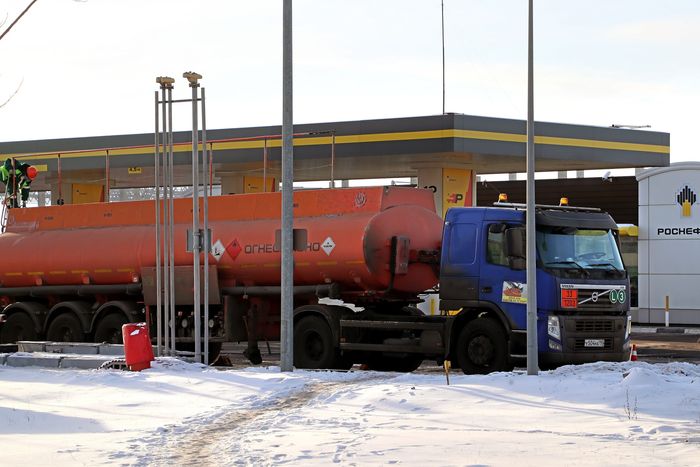Western sanctions on Russian fossil fuels are accelerating the shift in global energy flows, with China and India increasingly taking advantage of Russian oil discounts and Middle Eastern suppliers redirecting their crude to Europe.
Russia is offering deep discounts to Asia’s biggest oil buyers as it tries to retain market share after banning the sale of its crude and petroleum products to countries imposing a price cap. The cap bars the shipping, financing or insuring of Russia’s seaborne crude unless it is sold for $60 a barrel or less—a sanction leveled in response to the invasion of Ukraine.
Meanwhile, Saudi Arabia, the United Arab Emirates and other major Middle East energy exporters are shifting focus from their traditional markets in Asia to sell at a higher price to European nations seeking to secure their energy requirements.
Longstanding energy-trade ties face disruption as nations around the globe try to lock up enough fossil fuels to ensure that they can heat homes, power factories and maintain economic stability over the next few years. A redrawing of the global energy map would also likely impact geopolitical alliances as governments try to strengthen ties that would underpin their energy security.
Moscow is seeking to mitigate the impact of sanctions by slashing prices and scooping more market share in China and India, which haven’t joined the West in instituting a price cap. Since late November, Russia has been selling its flagship Urals crude for as much as $17 less than the cap, according to the International Energy Agency.
“Even if prices were to rise to $100 a barrel, China and India can continue buying Russian oil if they have access to their own insurance,” said Amrita Sen, director of research at London-based oil consulting firm Energy Aspects.
Russian exports to China bypassed Saudi Arabia’s in November.
Photo:
maxim shipenkov/Shutterstock
Russian exports to China, the world’s biggest oil importer, bypassed Saudi Arabia’s last month. Russia exported 1.9 million barrels a day…
Click Here to Read the Full Original Article at WSJ.com: World News…

